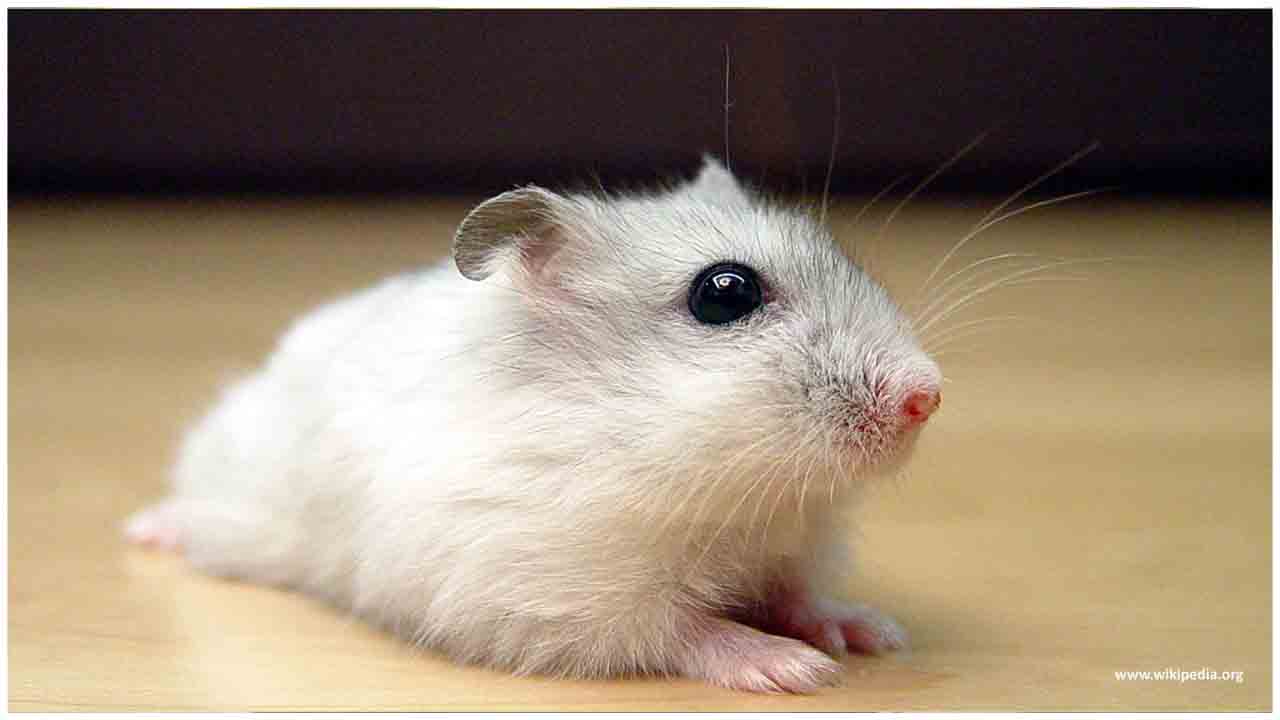Tests on hamsters uncover the across the board utilization of facemasks decreases transmission of the fatal coronavirus, a group of driving specialists in Hong Kong said on Sunday.
The examination by the University of Hong Kong is a portion of the first to explicitly research whether veils can stop indicative and asymptomatic COVID-19 bearers from tainting others.
Driven by Professor Yuen Kwok-Yung, one of the world's top coronavirus specialists, the group put hamsters that were falsely tainted with the sickness close to solid creatures.
Careful covers were set between the two enclosures with wind stream going from the contaminated creatures to the sound ones.
The scientists discovered non-contact transmission of the infection could be diminished by more than 60 percent when the veils were utilized.
66% of the sound hamsters were tainted inside seven days if no covers were applied.
The contamination rate plunged to a little more than 15 percent when careful covers were put on the pen of the tainted creatures and by around 35 percent when put on the pen with the sound hamsters.
Those that became tainted were likewise found to have less of the infection inside their bodies than those contaminated without a veil.
"It's extremely evident that the impact of covering the contaminated, particularly when they are asymptomatic - or indicative - it's substantially more significant than everything else," Yuen told journalists Sunday.
"It additionally clarified why all-inclusive veiling is significant because we currently have realized that countless those tainted have no indication."
Yuen was one of the microbiologists who found the SARS infection - an antecedent of the current coronavirus - when it rose in 2003, slaughtering somewhere in the range of 300 individuals in Hong Kong.
Outfitted with information from that battle, he exhorted Hong Kongers right off the bat in the present pandemic to receive widespread covering, something grasped by the city's inhabitants.
At the time the World Health Organization and numerous other remote wellbeing specialists excused utilizing covers broadly among general society, saying they ought to rather go to bleeding-edge clinical laborers.
Four months after its first COVID-19 case was distinguished, Hong Kong has to a great extent figured out how to contain the sickness with a little more than 1,000 contaminations and four passings.
Specialists have acknowledged far-reaching cover use just as effective testing, following, and treatment in the city of 7.5 million for the moderately low numbers

 The research by the University of Hong Kong is amongst few of the first to specifically investigate whether masks can stop COVID-19 carriers from infecting others.
The research by the University of Hong Kong is amongst few of the first to specifically investigate whether masks can stop COVID-19 carriers from infecting others.









.jpeg)


.jpg)






.jpeg)



.jpg)


.jpg)




.jpg)


